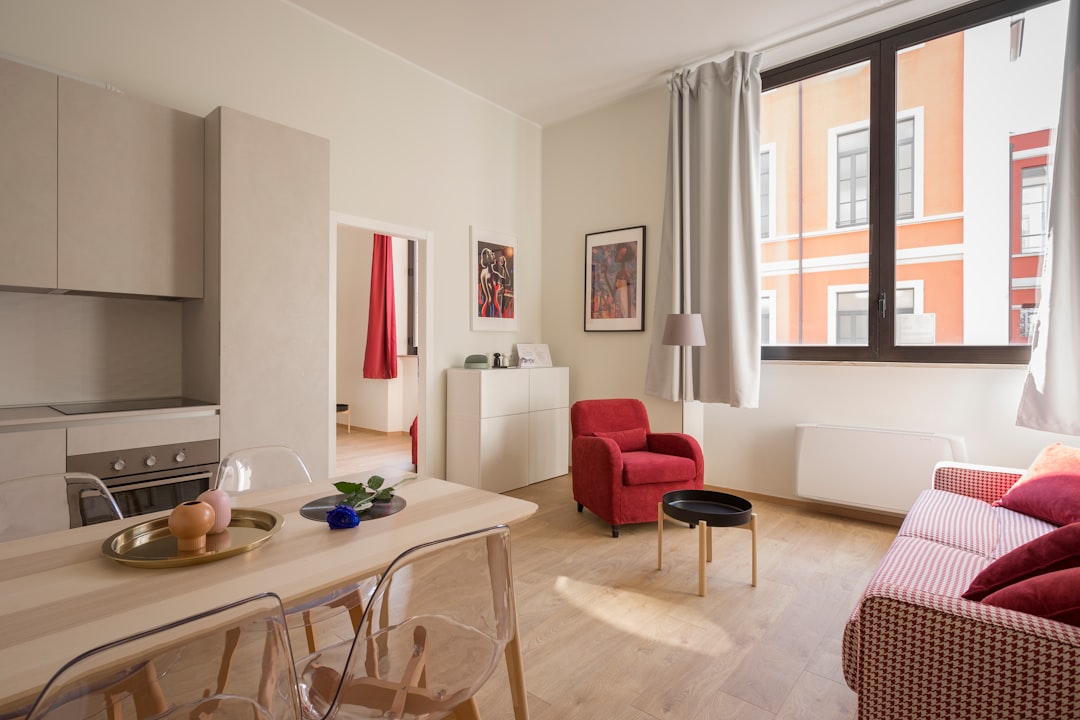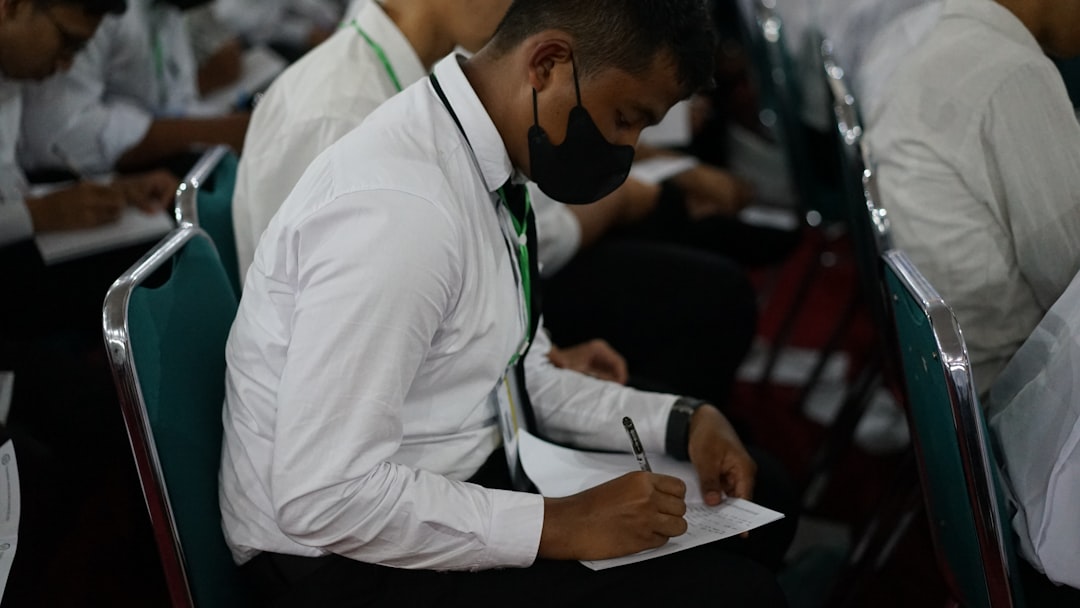
Lower abdominal bloating is a common issue that affects many people at some point in their lives. This uncomfortable sensation often feels like your abdomen is swollen or distended, and it can be accompanied by other symptoms such as pain, gas, or changes in bowel habits. Understanding the causes of lower abdominal bloating can help in managing and alleviating this discomfort.
One of the most frequent causes of lower abdominal bloating is diet. Consuming foods that are difficult to digest, such as beans, lentils, and certain vegetables like cabbage and broccoli, can lead to the production of excess gas in the digestive tract. This gas buildup can cause the abdomen to feel bloated and uncomfortable. Additionally, swallowing air while eating or drinking, a habit known as aerophagia, can contribute to bloating.
Another common cause is irritable bowel syndrome (IBS), a chronic condition that affects the large intestine. People with IBS often experience bloating along with other symptoms such as abdominal pain, cramping, and changes in bowel movements. The exact cause of IBS is not well understood, but it is believed to involve a combination of factors including stress, diet, and changes in gut bacteria.
For some individuals, food intolerances or allergies can lead to bloating. Lactose intolerance, for example, occurs when the body is unable to digest lactose, a sugar found in milk and dairy products. This can result in gas and bloating after consuming dairy. Similarly, gluten intolerance or celiac disease can cause bloating when gluten-containing foods are ingested.
Constipation is another factor that can lead to lower abdominal bloating. When stool builds up in the intestines, it can cause the abdomen to feel full and distended. This can be due to a lack of fiber in the diet, inadequate fluid intake, or a sedentary lifestyle. Ensuring regular bowel movements through a balanced diet and regular exercise can help alleviate bloating caused by constipation.
Hormonal changes, particularly in women, can also contribute to bloating. Many women experience bloating as a symptom of premenstrual syndrome (PMS) due to fluctuations in hormone levels. This type of bloating usually resolves after the menstrual period begins.
In some cases, lower abdominal bloating may be a sign of a more serious underlying condition such as an intestinal obstruction, inflammatory bowel disease, or even certain types of cancer. If bloating is persistent, severe, or accompanied by other concerning symptoms such as weight loss, blood in the stool, or severe abdominal pain, it is important to seek medical advice.
Addressing lower abdominal bloating often involves identifying and managing its underlying causes. For those interested in exploring more about the lower abdominal bloating causes, dietary adjustments and lifestyle changes can play a significant role in reducing symptoms. Reducing the intake of gas-producing foods, eating smaller meals, and avoiding carbonated beverages can help prevent bloating. Additionally, practicing mindful eating by chewing food thoroughly and eating slowly can reduce the amount of air swallowed during meals.
For more detailed guidance on managing bloating and improving digestive health, visiting resources like Within Nutrition can provide valuable insights and tips. By understanding the common causes of bloating and taking proactive steps, individuals can often find relief and improve their overall well-being.







